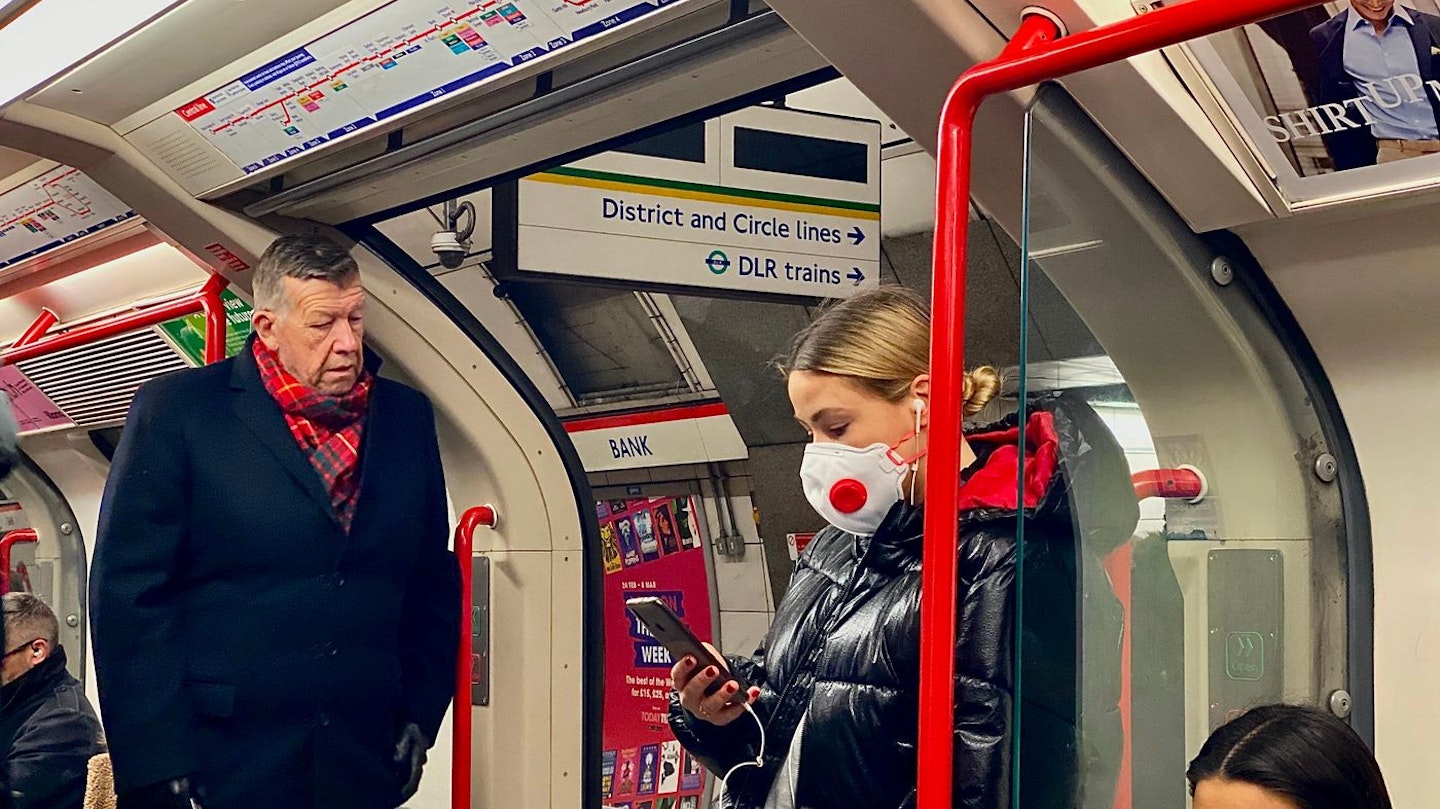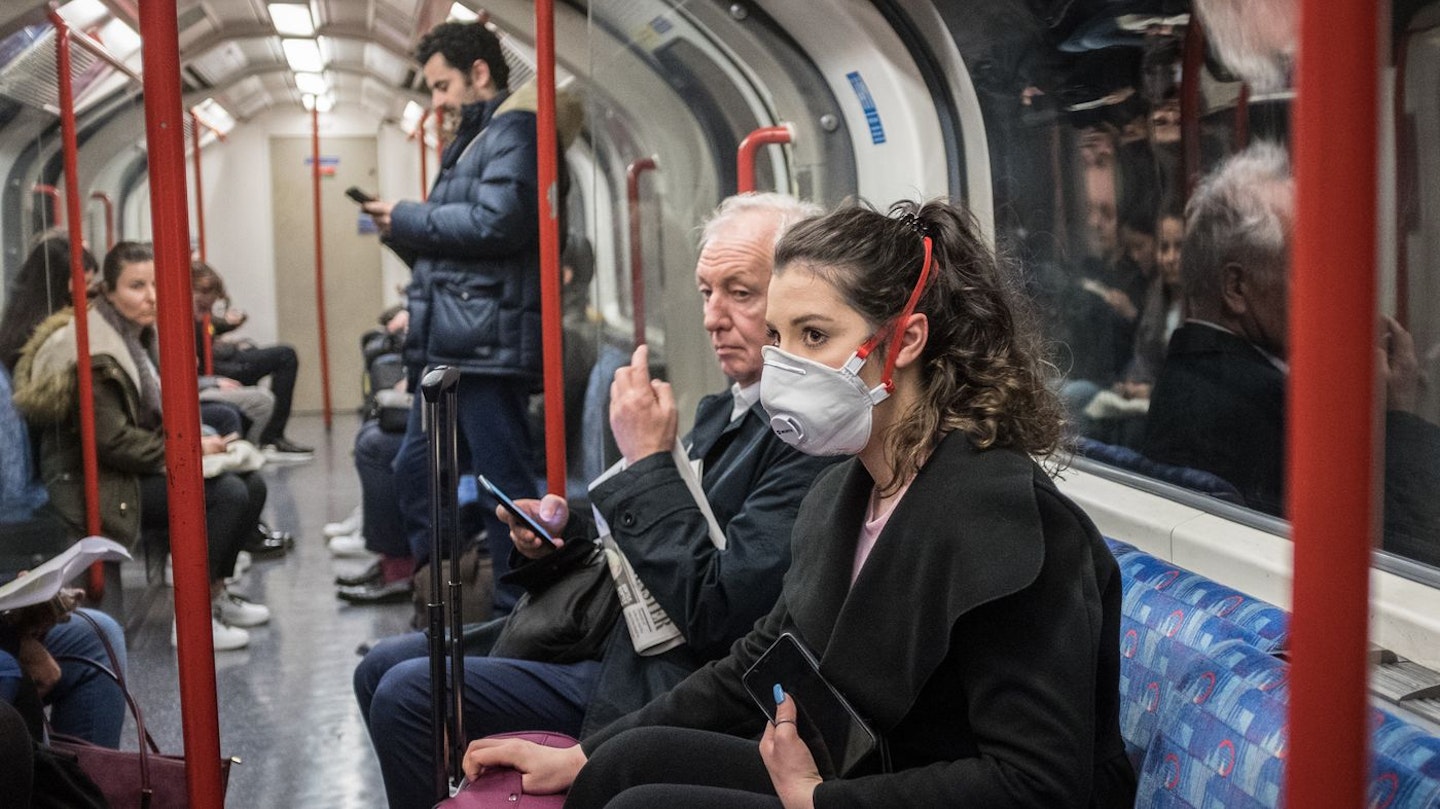At the end of July, when my friend was in hospital having a baby, she was tested for coronavirus and it came back positive. So, in line with protocol for the government's Test and Trace system, she handed over the details of the people she had been in contact with. In her case, this was her husband and her eldest daughter – both of whom heard nothing from Test and Trace for seven days – yes, a full week. Luckily, she lives with them both, so they knew to quarantine.
But, the Test and Trace system didn’t know that, and that week-long delay to inform them could have ended up being a matter of life or death for some. In that time, someone carrying the disease could see numerous people and spread the virus, completely unaware. For the tracing element of the Test and Trace system to work, anyone who has been in contact with someone who has tested positive should be told immediately so that they can quarantine.
Instead of blaming young people, we should be scrutinising what part the system’s failures are playing in this spike in infection rates.
Now for the testing element. There have been numerous reports over the past two weeks of people being sent all over the country for Covid tests, or tests simply not being available at all. Labour MP Stella Creasy said last week that residents in her North London constituency of Walthamstow are being sent over 200 miles away – when a local walk-in centre sits almost empty. Stella has had emails from constituents who have been told to go to Brighton, Coventry, Newport and Luton, when they could go up the road. ‘That is a waste of resources in a community where the R rate is rising,’ she said.
Similarly, BBC presenterVictoria Derbyshire tweeted recently that a mum had been in touch saying the closest test she could get for her daughter - who has symptoms - was 80 miles away in Telford (they live in Bury). Otherwise they would need to travel to London, and home tests weren’t available. ‘The government want to pass the blame on to us for spreading the infection when they make it near impossible for us to find out if our daughter has it,’ she wrote to Victoria Derbyshire.
Furthermore, this week GPs and medics called the Test and Trace system an utter shambles and even Prime Minister Boris Johnson admitted it has huge problems. Meanwhile, the daily count of coronavirus cases is on the rise. Sunday marked the first time since May that cases had been above 3,000 on three consecutive days.
Although there are various explanations, like the fact more people are being tested now than they were a few months ago, the figures are worrying, and suggest a second wave could be on the way. And yet, still the government is resorting to its usual tactic of blaming everyone but themselves for this.
The latest, they’ve decided, is that young people are behind this surge – the same young people they told to get back out to Pret, Nando’s and the hairdressers. At last week's press conference, chief medical officer Chris Whitty pointed the finger at 'Generation Z' for sparking a surge in cases. And last week, Health Secretary Matt Hancock told young listeners of Radio 1’s Newsbeat: 'Don't kill your gran by catching coronavirus and then passing it on.’
Here’s the thing: Boris Johnson promised us a ‘world beating’ test and trace system - the reality is we’ve been lumped with one which fails to contact people who could be contagious and sends people to test centres hundreds of miles away.
Instead of blaming young people, we should be scrutinising what part the system’s failures are playing in this spike in infection rates. Because if we're relying on the Test and Trace system to keep numbers down, it doesn't seem to be working effectively. It’s little wonder we're now seeing the beginnings of what some fear is a second wave and we're having to make further restrictions, like local lockdowns and curfews.
Instead of telling young people ‘don’t kill your gran’, how about telling people who have been in contact with someone who has Covid to stay indoors – that would help them not kill their gran, wouldn’t it? Yes, of course, there'll always be some flouting of the guidance around the edges, but who can blame people when the guidance has constantly changed.
Matt Hancock has even tried to pass the blame to the people who are worried they might be asymptotic. ‘We have seen an increase in demand including from people who are not eligible for tests, people who don't have symptoms,’ he said on the Kay Burley programme. But if we’re trying to quash the infection while keeping the economy alive, isn’t it better if people who are unsure get tested so they know they’re safe to go back out into the city centres and spend spend spend?
The boss of Test and Trace had to apologise recently after people complained of having to travel hundreds of miles for a test. Officials said, instead, that no-one should be asked to travel more than 75 miles. Seventy Five miles! If you want to keep kids in school, which they have gone on about and is important, how can you expect a parent to drive 75 miles every time their child has a cough and lives in the wrong part of the country? This is going to be incredibly disruptive when it comes to keeping kids in school. And if the distances are that big it will surely put people off travelling, thus leading to more infections and local lockdowns.
Whether it’s a glitch in their system or full on incompetency, the government need to sort it out instead of scapegoating others constantly. Failures in our system need to be scrutinised, because the rises in cases are more likely to be the fault of the very people pointing the finger.
Coronavirus 2020
Coronavirus 2020
 1 of 5
1 of 5Coronavirus: I Am Trying To Get Pregnant – Should I Stop?
 2 of 5
2 of 5Coronavirus: When Is The Virus Likely To Peak? And Should Pregnant Women Be Especially Concerned?
 3 of 5
3 of 5Is It Hay Fever, The Common Cold Or Coronavirus?
 4 of 5
4 of 5Coronavirus: Widespread Transmission Is Now 'Highly Likely' As UK Cases Reach 36
 5 of 5
5 of 5